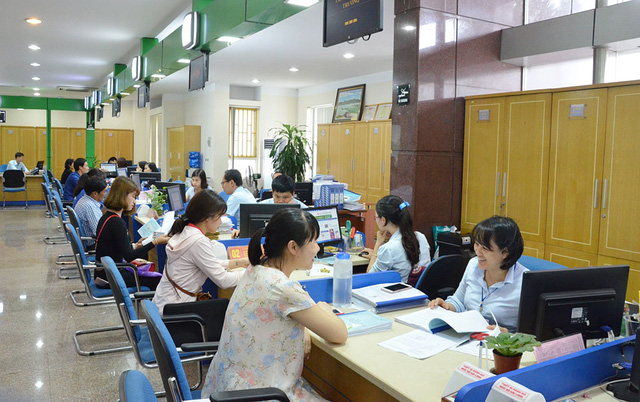Public servants in a major city in Vietnam’s Mekong Delta will have to be more careful when using Facebook as local authorities have stepped in to ‘rectify’ their social media manners, not long after they ordered them to cross jeans out of their office wardrobe.
In a document sent to staff members at state entities across Can Tho City, Pham Gia Tuc, deputy secretary of the municipal Party Committee, requested that local officials and public servants ‘correct’ their ways of using the social media platform.
It is commonplace for civil servants in Can Tho to have a Facebook account, the document reads, adding that some of them have been posting status updates and sharing articles about complicated political matters.
Some of the posts have affected the credibility and reputation of individuals and organizations, it claims.
According to the Can Tho Party Committee, such activities can stir public concern and compromise the city’s order and security situations.
Therefore, the Party Committee ordered state entities to tighten the management over the use of the Internet and social media among their officials and employees and to raise awareness of a responsible way to use them.
“Relevant agencies must promptly interfere and prevent their civil servants from uploading content that distorts the guidelines of the Party and state, goes against Vietnamese tradition and customs, and violates social ethics and privacy,” the committee stressed.
Public servants should be encouraged to use their Facebook accounts in an effective, healthy, and ‘correct’ manner, with the uploaded content focusing on promoting practical policies, history, geographical features, and socio-economic development of the locality and the country as a whole, it added.
In early September, the Can Tho People’s Committee raised eyebrows after issuing a new code of conduct for public servants, which included a controversial ban on jeans in the office.
Men are required to go to work in tucked-in dress shirts, trousers and shoes or sandals, while women must wear either the ‘ao dai’ – a traditional Vietnamese costume – or shirts with office skirts or dresses, according to the code of conduct.
Like us on Facebook or follow us on Twitter to get the latest news about Vietnam!





















































